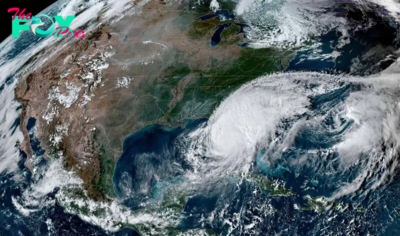Science
Even a 'weekend getaway' to space can alter astronauts' biology, sweeping new studies find
Only about 600 people have ever traveled to space. The vast majority of astronauts over the past six decades have been middle-aged men on short-duration missions of fewer than 20 days.
Today, with private, commercial and multinational spaceflight providers and flyers entering the market, we are witnessing a new era of human spaceflight. Missions have ranged from minutes, hours and days to months.
As humanity looks ahead to returning to the moon over the coming decade, space exploration missions will be much longer, with many more space travelers and even space tourists. This also means that a wider diversity of people will experience the extreme environment of space — more women and people of different ethnicities, ages and health status.
Since people respond differently to the unique stressors and exposures of space, researchers in space health, like me, seek to better understand the human health effects of spaceflight. With such information, we can figure out how to help astronauts stay healthy both while they're in space and once they return to Earth.
RELATED: Mars-bound astronauts will face incredible stress. Here's how we can prepare them to make History.
As part of the historic NASA Twins Study, in 2019, my colleagues and I published groundbreaking research on how one year on board the International Space Station affects the human body.
I am a radiation cancer biologist in Colorado State University's Department of Environmental and Radiological Health Sciences. I've spent the past few years continuing to build on that earlier research in a series of papers recently published across the portfolio of Nature journals.
-

 Science2d ago
Science2d agoInside Capitol Hill’s Latest UFO Hearings
-

 Science2d ago
Science2d agoYou Won’t Want to Miss the Leonid Meteor Shower. Here’s How and When You Can See It
-
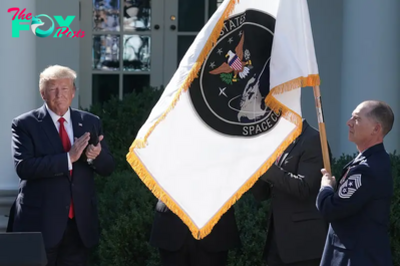
 Science3d ago
Science3d agoHere’s What Trump’s Win Means for NASA
-

 Science6d ago
Science6d agoWhy Risky Wildfire Zones Have Been Increasing Around the World
-
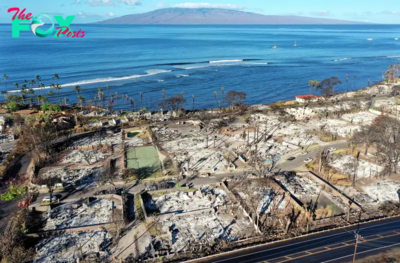
 Science6d ago
Science6d agoIt’s Time to Redefine What a Megafire Is in the Climate Change Era
-
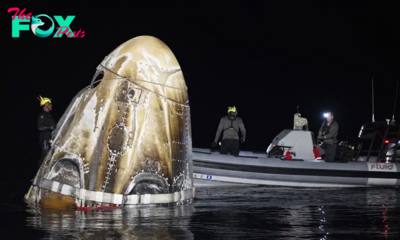
 Science1w ago
Science1w ago4 Astronauts Return to Earth After Being Delayed by Boeing’s Capsule Trouble and Hurricane Milton
-
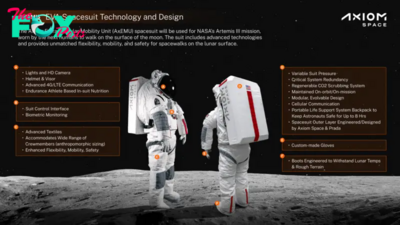
 Science1w ago
Science1w agoThe Elegance and Awkwardness of NASA’s New Moon Suit, Designed by Axiom and Prada
-
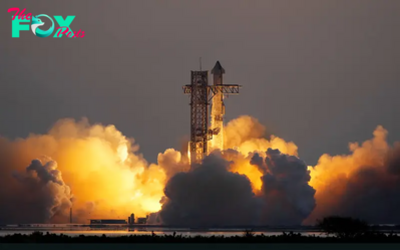
 Science1w ago
Science1w agoSpaceX Launches Its Mega Starship Rocket. This Time, Mechanical Arms Catch It at Landing




